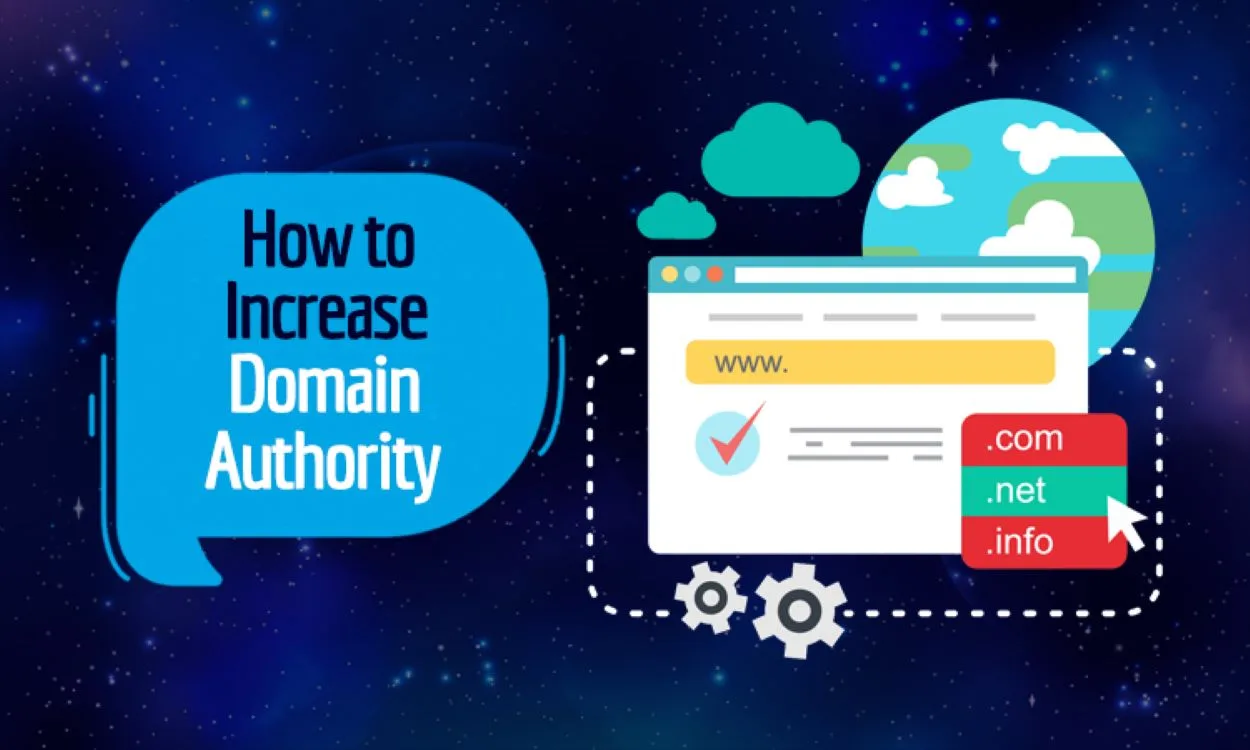Domain Authority (DA) is a concept introduced by Moz, a leader in SEO software services, to predict how well a website may perform on Search Engine Results Pages (SERPs). A DA score can range from one to 100, with higher scores indicating a greater likelihood of higher rankings.
Domain Authority considers a plethora of factors, but central to these is the count and quality of incoming links, known as backlinks, from other reputable websites. Essentially, these backlinks act as endorsements, boosting your website’s credibility.
Websites that naturally integrate relevant keywords throughout their content, such as IMDB, often possess higher DA scores. The DA score is measured on a logarithmic scale, meaning more crucial metrics can significantly influence the score.
The Relevance of Domain Authority to Your Website
Even though Google’s ranking algorithm doesn’t directly incorporate DA, a study by Ahrefs identified a correlation between DA and a website’s SERP ranking. This correlation suggests that a higher DA score could potentially enhance the organic traffic you receive from Google. Thus, if you aim to elevate your website’s SEO rankings, having a robust strategy to augment your Domain Authority is beneficial. However, cultivating authority is long-term and may not deliver immediate outcomes.
In DA scores, brand-new websites start at the lower end of the scale, with a DA of one. As a general rule of thumb, websites abundant in high-quality external links often possess higher DA scores. In contrast, smaller business websites and those with fewer inbound links tend to have a lower DA score.
Strategies to Elevate Your Domain Authority
Enhancing your Domain Authority demands a strategic and long-term approach. The first step in this journey involves conducting a link audit. This practice ensures that links to your website are valid and do not incorporate any black-hat SEO tactics, which are unethical methods some use to try and trick search engines.
Tools like Ubersuggest can be instrumental in offering insights into your domain score, existing backlinks, and the domains they originate from.
However, it’s important to remember that not all backlinks carry the same weight. Backlinks from relevant, reputable sites have a greater impact on your DA score than links from less relevant or less trusted sites.
The DA score can experience fluctuations due to various factors. For instance, if Moz hasn’t yet indexed your link profile’s growth, it might affect your score. Similarly, a sudden surge in the link numbers of higher-authority sites could distort the scaling process, considerably impacting sites with lower domain authorities.
Understanding your domain authority and strategically enhancing it can significantly contribute to your SEO strategy and should form a cornerstone of your broader digital marketing efforts.






